Sedet: Connective Pains of a 700 Year Exodus
Written by Teodrose Fikre, July 6, 2017
It creeps up at the most random times. Flashbacks cajoled by a song I used to listen when I was in Bole, a smell that reminds me of my grandmother’s cooking that no Ethiopian restaurant in America can ever replicate, a taste of Toblerone that brings alive the memory of my father returning home from an overseas trip with candy in hand. These remembrances are all I have left of the land that gave birth to me. At the age of seven, I was made a refugee by the Derg Ethiopian government; a mini-exodus of sorts—what we Ethiopians call sedet—delivered my family and me to the United States. Though I am forever grateful to America, a part of me will always feel a void each time I recall my childhood in the land of 13 months of sunshine that used to be my abode.
This feeling of lamentation as I reflect on a home that was taken away from my heart is, I am sure, universal even for those who never left the land of their birth. Part of growing up and reaching maturity is the transformation we go through as the innocence of childhood is replaced by the knowledge of becoming adults. It is said that with wisdom comes woe; experience and discernment are not gained without going through hardship and pains that are part and parcel of leaving what we once knew behind. These are the connective tissues that intertwines all of humanity; none among us has been able to escape the gravity of pains and the ennui that comes with vacating familiar places and wandering out into the unknown wilderness. I am sure that you too go through your whimsical moments as you remember a home you once knew as a child.
I write the previous two sentences as a prelude of sorts, to reminder everyone that we are all travelers and sojourners on a quest to find home. Yet I know that my pains are mitigated by the fact that at least I knew home, I know the soils from which my roots come from. I am lucky in this way, and so are many of you reading this, because I can point to a map and say “this is where I my ancestors were born”. For others, the journey is much more painful than the occasional sadness that creeps up in my soul when I miss home. For tens of millions of “African-Americans” who are the decedents of ancestors stolen from the land of humanity’s inception, the sedet their ancestors endured did not end in Ellis Island or at air ports but in chains and savage oppression. Bob Marley’s song “Buffalo Soldier” wafts through my mind as I write this article and the song where he told of the misfortunes of millions as he sang “stolen from Africa, brought to America, fighting on arrival, fighting for survival”.
In terms of human suffering and breadth of injustice, nothing exceeds the brutal legacy of the slave trade as depraved men made it their purpose to commit mega-genocides and subjugated countless millions from a continent we now refer to as Africa. Even the word Africa is a scar that continues to victimize for Africa was once called Ethiopia before Scipio Africanus, who made Hitler look like Mother Theresa, unleashed the most horrific holocaust on the continent of Ethiopia and bled the continent into a wasteland of human suffering. “Africa” is named to honor the devil that is Scipio; ever since Scipio defeated Hannibal in the Second Punic Wars, a procession of neo-Scipios and malevolent colonizers have continued the legacy of atrocities as they keep stealing wealth and resources from the continent of Ethiopia.
Slavery was the extension of Scipio’s depravity. The culprits were many, it’s not as black and white as too many professors indoctrinate us to accept revisionist history. Countries like Portugal, Spain, France, Belgium and Great Britain made fortunes by trading human beings as if they were exchanging chips at a poker table. Nations in the Middle East and beyond likewise took part in this perverse practice and so did “Africans” who sold their brothers and sisters into slavery for the sake of money and guns. This virus of greed and deviltry spread to America as tens of millions of men and women from the continent of Ethiopia were kidnapped and forced at the point of a gun to sweat and suffer—it was their blood that made America great. For every one that survived the transport to America, many more died as the Atlantic Ocean (which was also once called the Ethiopian ocean—see map below) became the graves for untold millions. Mothers, fathers and babies alike were thrown overboard as carcass or chose a sea funeral instead of a life of shackles.
The horrors of slavery did not end after Lincoln’s emancipation proclamation; the face of subjugation morphed from de jure slavery to de facto bondage. A systematic and state sponsored terror campaign buried the sons and daughters of once slaves into a perpetual cycle of hopelessness and indigence. Seven generations after the last slave was “freed”, the legacy of bondage and oppression continues to mug the realities of tens of millions of “African-Americans” to this day. The poverty that robs hope from many in the inner cities of Chicago, Atlanta, Gary, Oakland, Washington DC and beyond did not just materialize by happenstance nor is the pervasive exiguity that is evident within a large swath of the “black” community a byproduct of poor decisions.
Nobody chooses to be poor nor do people wake up wanting to be stuck in enduring hardship. The issue is not so much personal choice as it is structural design and intentional plans to keep people mired in dependency and privation. Our system of crony capitalism requires the masses to be poor in order for the few to have much. A fairer system of equity and equality is possible but our Federal government and the plutocrats they answer to choose instead a system that transfers wealth from the many to a few. At the bottom of this ladder, in most instances, are the masses of “African-Americans” who are imprisoned behind the four walls of indigence, hopelessness, violence and frustration.
What I am writing about “African-Americans” is not exclusive to just “black” folk. What many “African-Americans” have felt for generations is now becoming the new normal for all regardless of the endless labels we append to ourselves. The plight of the poor is interconnected, “white” people in Appalachia and the heartlands go through the pains of having to choose between paying light bills or eating three square meals a day the same way “black parents” have to stress about how to feed their children and keep a roof over their head. Though our pains keep being use to splinter the people, the truth is that during the time that “black” folks were being lashed and forced to work at the tip of a whip, the masses of “white” folk were suffering economic insecurity and working as indentured servants. Martin Luther King Jr. was assassinated because he tried to unite the children of “black” slaves with the children of “white” indentured servants, it was his audacity to stand for universal justice that led to his death (read Confluence of Martin and Malcolm).
There is a commonality of pain between all of us. Though I can never imagine the horrors of slavery nor can I conceptualize the suffering “African-Americans” go through as they try to heal from the scars of institutional racism that repressed and continues to suppress the hopes of many, I nonetheless can empathize for pain is pain regardless of the source of agony. The 700 year exodus will only end when we as a people unite and shed the hateful labels and constructs which have been imposed upon us. African no more and no longer will I refer to my brothers and sisters from the continent that was once my home as black, I now call you Ethiopian just like me. Beyond that, we are all human and we can only overcome this system of global injustice when we stop monopolizing pains and instead understand our common struggles and our interconnected hopes. #Sedet
“Where justice is denied, where poverty is enforced, where ignorance prevails, and where any one class is made to feel that society is an organized conspiracy to oppress, rob and degrade them, neither persons nor property will be safe.” ~ Frederick Douglass
If you appreciated the message of empathy, unity and love behind this write up and you too stand up for universal justice, share this article on social media using #Sedet
I hope all, irrespective of color, identity, ideology or the endless ways we are divided as humans take the time to listen the message in the Ghion Cast below as I explain the insidious aspects of these labels which have been imposed on all of us and how we can overcome injustice.
Ethiopia the continent as it was known before Scipio the monster, check out the map of the Atlantic ocean as well. Free ourselves from mental slavery.
A big shout out to Mikyas Chernet, it was this music that speaks of being a refugee and sedet that inspired this article.
Teodrose Fikre
Teodrose was born in Ethiopia the same year Emperor Haile Selassie was deposed by the communist Derg junta. The great grandson five generations removed of Atse (emperor) Tewodros Kassa II, the greatest king of Ethiopia, Teodrose is clearly influenced by the history and his connection to Ethiopia. Through his experiences growing up as first generation refugee in America, Teodrose writes poignantly about the universal experiences of joys, pains and a hope for a better tomorrow that binds all of humanity.
Teodrose has written extensively about the intersection of politics, economic policies, identity, and history. He is the author of "Serendipity's Trace" and newly released "Soul to Soil", two works that inspect the ways we are dissected as a people and shows how we can overcome injustice through the inclusive vision of togetherness.
Latest posts by Teodrose Fikre (see all)
- My Interview on the Redacted Tonight’s VIP with Host Lee Camp - September 14, 2017
- Obama Still Peddling Change, Hey Democrats How about #CongressCareForAll - September 13, 2017
- Notes of Defiance: Music of Freedom; Melody of Humanity - September 13, 2017

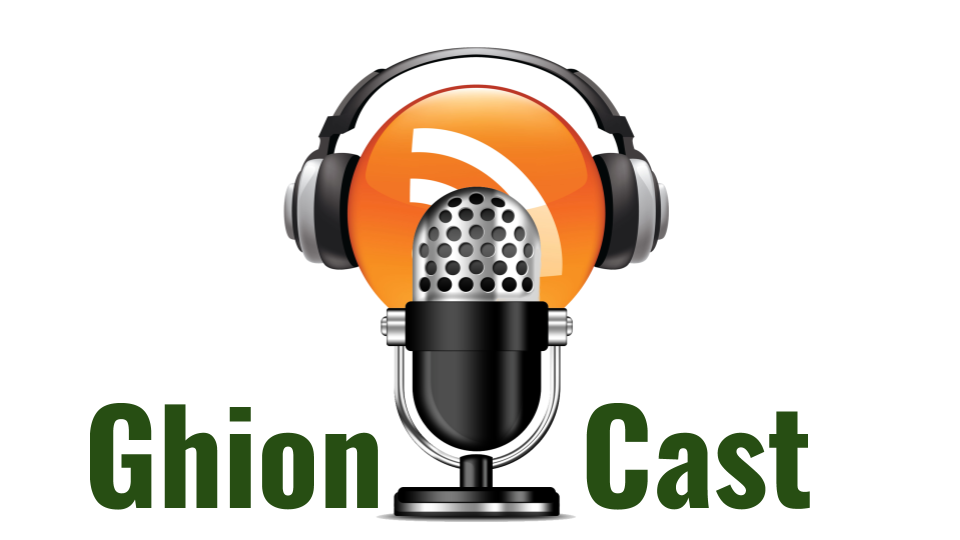


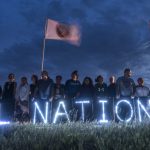
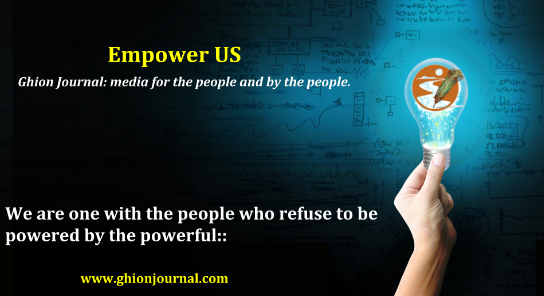

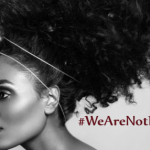
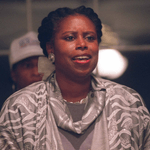
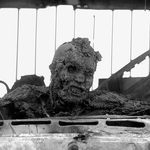
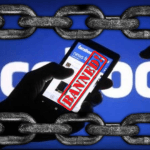


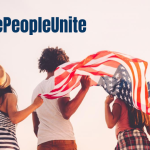
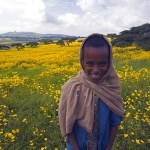
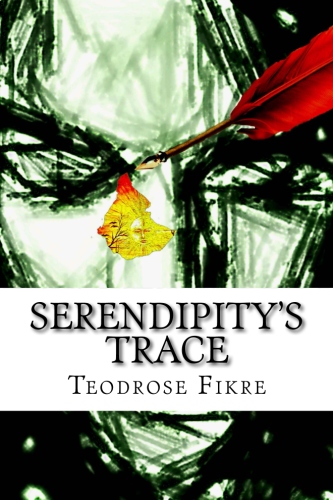

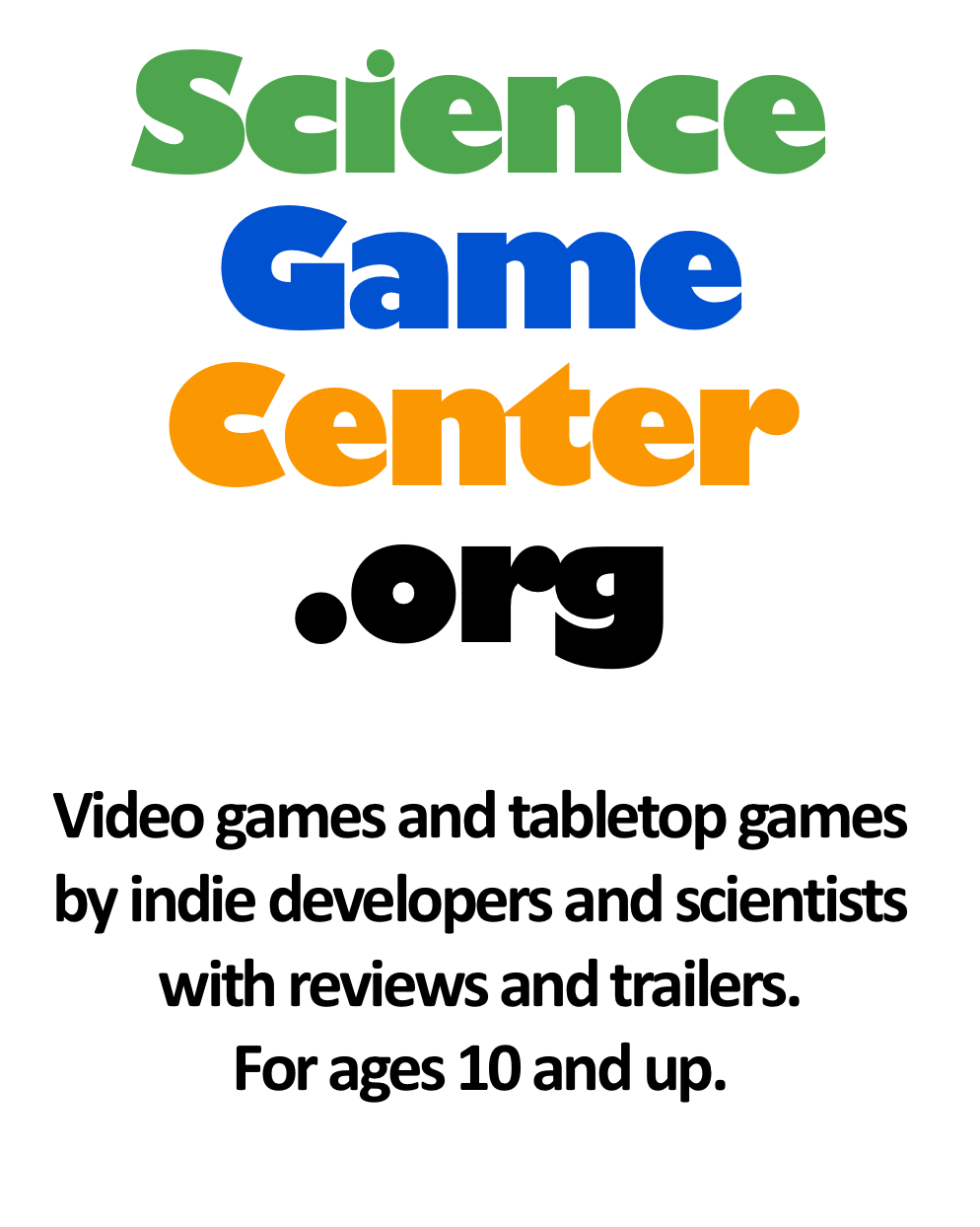

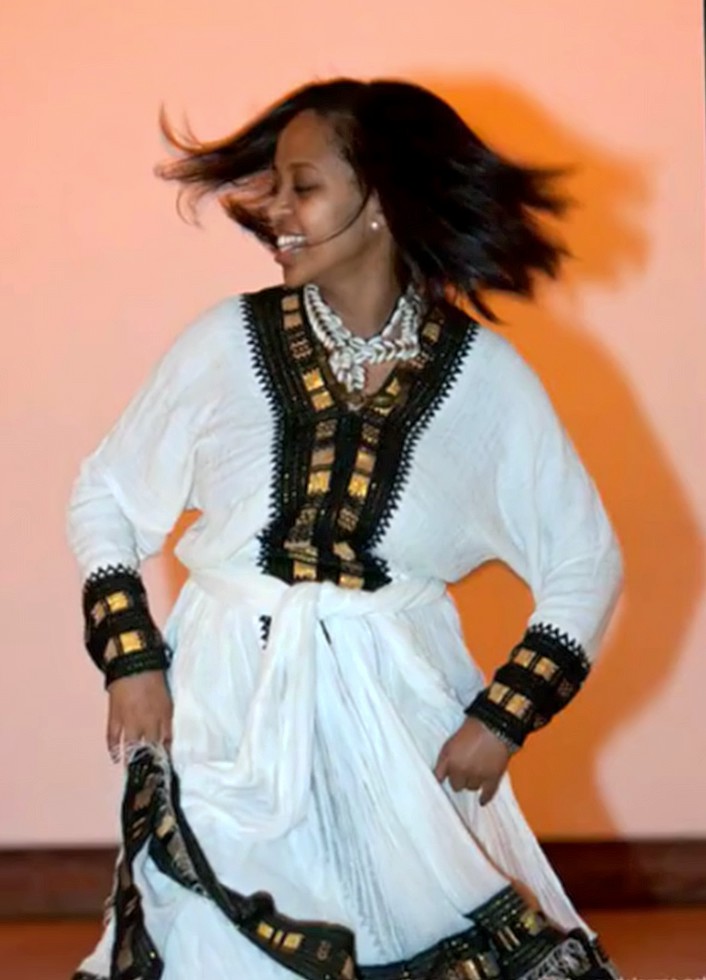



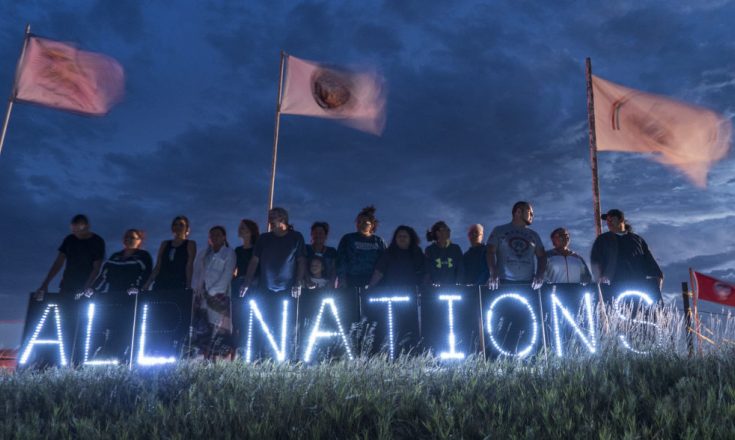



Leave a Reply
Be the First to Comment!